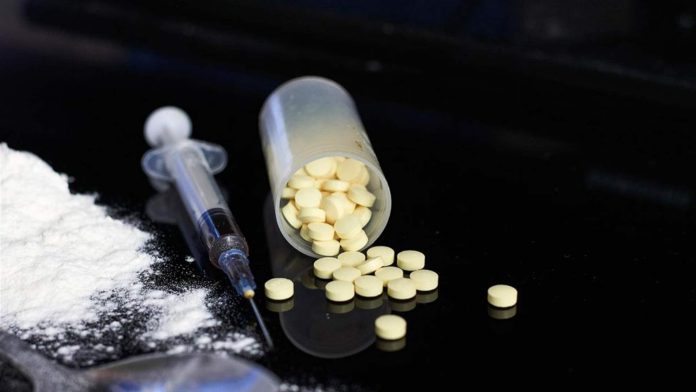Going through addiction is a challenging pathway but one that can be rewarded with a new, sober lifestyle that’ll leave you undoubtedly feeling happier and healthier.
There are ups and downs on everybody’s journey, but getting help through that can make all the difference, from the alcohol detoxification process, through to counselling, support for alcohol/drug help, managing coping mechanisms and adapting to life sober.
Identifying and having strategies for the challenges is incredibly important and there are many that may arise. One of the more difficult things is managing cravings. They’re what cause most people to relapse and if not dealt with appropriately can lead us back down difficult pathways.
The severity of alcohol cravings can vary on a person by person basis, with some experiencing much more frequent or intense cravings than others. But why is that exactly?
We take a look at the science behind alcohol cravings and why it affects some more than others…
The Role of Genetics
Genetics play a significant role in alcohol cravings and susceptibility to alcohol use disorder. Research has shown that certain genetic variations can influence how the brain responds to alcohol, including its effects on dopamine, the neurotransmitter associated with pleasure and reward. Individuals with a genetic predisposition may experience stronger feelings of reward when drinking, leading to more frequent and intense cravings.
Additionally, genetics can affect how quickly the body metabolises alcohol. Faster or slower metabolism can influence how alcohol impacts mood and behaviour, potentially reinforcing the desire to drink in some individuals more than others.
Brain Chemistry and Reward Pathways
Alcohol affects the brain’s reward system, triggering the release of dopamine and other neurotransmitters that produce pleasurable sensations. Over time, repeated drinking can alter brain chemistry, creating a cycle in which the brain craves alcohol to achieve the same rewarding effects. People whose brain reward pathways are more sensitive or easily disrupted may experience stronger cravings, making it harder to resist drinking.
Chronic alcohol use can also impair the prefrontal cortex, the brain region responsible for decision-making and impulse control. This impairment can reduce an individual’s ability to resist cravings and make sober choices, increasing the risk of relapse.
Psychological and Emotional Factors
Psychological and emotional factors significantly influence alcohol cravings. Stress, anxiety, depression, or unresolved trauma can intensify the desire to drink, as alcohol is often used as a coping mechanism. Individuals who rely on alcohol to manage emotions may develop stronger associations between certain triggers such as social stress, relationship problems, or work pressures, and the urge to drink.
Personality traits also play a role. People who are more impulsive or sensation-seeking may be more prone to acting on cravings, while those with high levels of neuroticism may experience more frequent urges in response to emotional challenges.
Environmental and Social Influences
The environment and social context can greatly impact alcohol cravings. Being surrounded by others who drink heavily, having easy access to alcohol, or frequently attending social events where drinking is central can trigger powerful urges. Environmental cues, such as the sight or smell of alcohol, can also activate conditioned cravings, particularly for individuals with a history of heavy or prolonged drinking.
Supportive social networks and environments that reduce exposure to triggers can make a significant difference in managing cravings, highlighting the importance of lifestyle adjustments during recovery.
Habit and Behavioural Conditioning
Habits and behavioural conditioning further contribute to the intensity of alcohol cravings. Drinking often becomes associated with specific times, routines, or activities, such as having a drink after work, at parties, or during stressful moments. Over time, these associations can become deeply ingrained, and encountering a familiar trigger can provoke a strong urge to drink.
Breaking these conditioned behaviours requires conscious effort, planning, and the development of alternative coping strategies.
Strategies for Managing Cravings
Understanding the factors that influence cravings allows individuals to implement targeted strategies to manage them. These may include:
- Seeking therapy to address emotional triggers and underlying trauma.
- Developing stress-reduction techniques such as mindfulness, exercise, or meditation.
- Creating structured routines to replace drinking habits.
- Limiting exposure to alcohol-related environments or social pressures.
- Utilising support networks, including friends, family, and recovery groups.
By doing what you can to control and manage cravings you can reduce the number of cravings you have, and as a result ensure that your life stays as on track as it can. Remember, there’s always help available if and when you need it.






